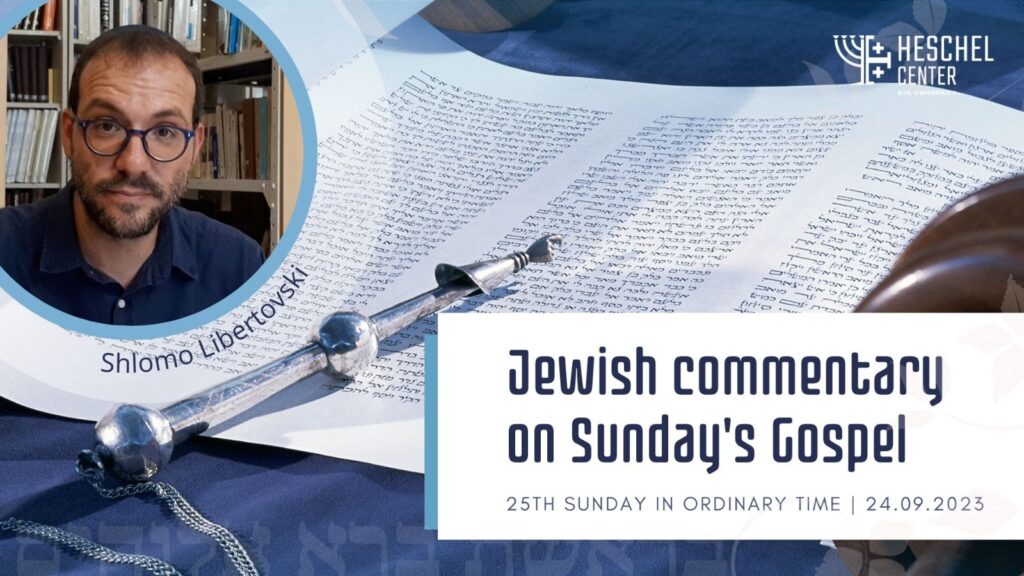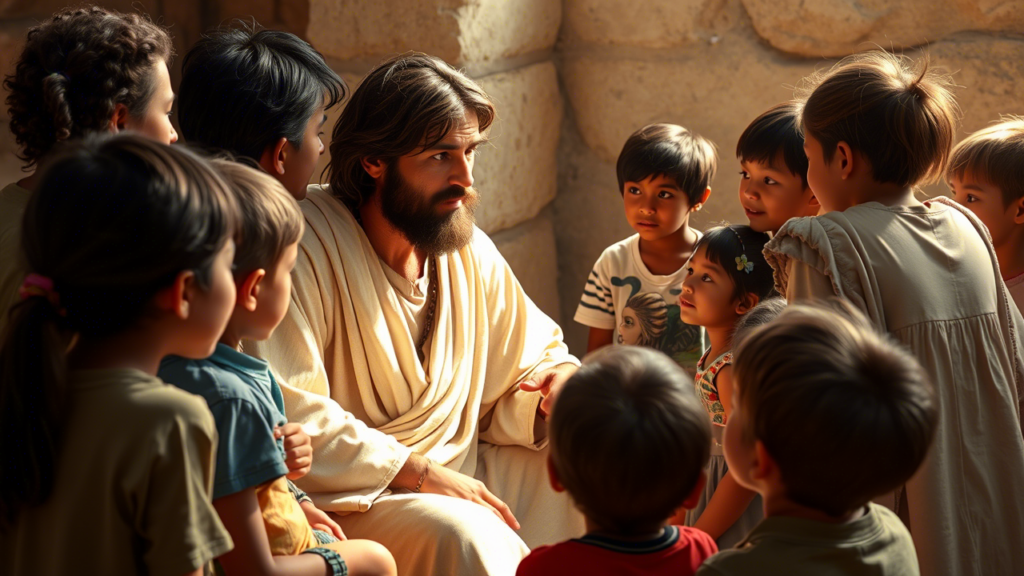Repentant sinners before the righteous – the Jewish sources of Jesus’ parable
The prophet Isaiah emphasizes God’s mercy for repentant sinners. According to the Babylonian Talmud, people who repentant, who abandoned sinful life and drew closer to God are in a more important position than the greatest of the righteous. In telling the paradoxical parable of the workers in the vineyard, Jesus drew on the Old Testament […]

The prophet Isaiah emphasizes God’s mercy for repentant sinners. According to the Babylonian Talmud, people who repentant, who abandoned sinful life and drew closer to God are in a more important position than the greatest of the righteous. In telling the paradoxical parable of the workers in the vineyard, Jesus drew on the Old Testament and Jewish tradition, says Shlomo Libertowski, a Torah lecturer at Beth Shemesh, in a commentary on the September 24 Gospel for the Catholic University of Lublin’s Heschel Center.
Jesus’ parable of the laborers in the vineyard, which we find in the Gospel according to Matthew, is one of the most paradoxical in Jesus’ teaching. Those who worked all day received the same wages as the “last hour” laborers. ” The parable speaks about the Creator of the world and the fact that he also accepts those who joined him at a later stage and started worshiping him after being away from him for a long time,” Shlomo Libertowski comments, pointing to the vineyard’s owner as a symbol of God.
The key to understanding the parable is the phrase: “For behold, the last shall be first, and the first shall be last” (Matthew 20:16). ” we can see the presence of the Jewish sources of the Bible on which the Gospels are based. The later Jewish writings also continue in the same thought,” notes the Torah lecturer at Beth Shemesh.
The prophet Isaiah described the image of penitents – returning to the Lord (baalei tshuva – בעלי תשובה): “Let him turn to the LORD for mercy; to our God, who is generous in forgiving. For my thoughts are not your thoughts, nor are your ways my ways, says the LORD ” (Is. 55:7-8). As Libertowski explains, “This means that even the biggest criminal is entitled to forgiveness, if only he will abandon his wicked ways and come closer to God.”
A similar message can also be found in the so-called Babylonian Talmud. Rabbi Abbahu said the places occupied by penitents cannot be occupied by the perfect righteous, as it is said: ” Peace, peace to him that is far off and to him that is near”. Libertovsky explains that ” people who repent, who abandoned sinful life and drew closer to God are in a more important position than the greatest of the righteous!”.
“Those ideas are very close to the parable of the workers and the words of the owner of the vineyard that the last will become the first,” concluded Shlomo Libertowski in his commentary on Sunday’s Gospel.
The entire commentary is available on the website of the Heschel Center of the Catholic University of Lublin:
Heschel Center KUL
Related

A Prodigious Mind: Thomas Aquinas
Jesús Ortiz López
14 April, 2025
6 min

Sunday Psalm: A Sense of Abandonment and Hope for Salvation
Heschel Centre for Catholic-Jewish Relations at the Catholic University of Lublin
13 April, 2025
4 min

Explaining Holy Week to Our Children: A Journey of Faith and Hope
Laetare
11 April, 2025
4 min

Christian Leadership in Business: A Model of Humility, Justice, and Solidarity
Javier Ferrer García
10 April, 2025
3 min
 (EN)
(EN)
 (ES)
(ES)
 (IT)
(IT)

